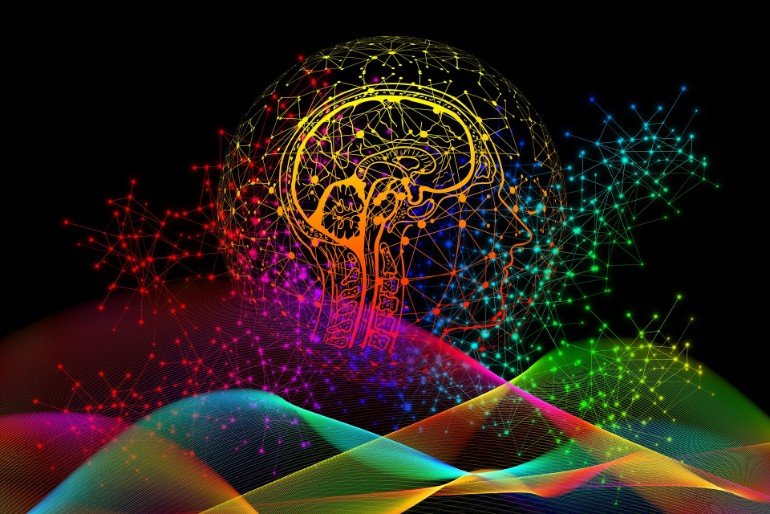JohnBoy2000
Bluelighter
- Joined
- May 11, 2016
- Messages
- 2,612
Typically/historically in terms of neural and thus genetic interference or what I'm hearing referred to as, "perturbation", pharmacology and pharmacotherapeutics has been considered the primary effective intervention.
What I'm reading/hearing more and more now however is, at least with psychology researchers and publishers, the effect of words on nervous system function, thus nerves and neural function, ultimately implicating gene expression.
"How we think, determines our function (how we think being coded by our neurons), determines what we are".
It's all been very pseudo/bro-science up until now, but additionally we could attribute that to simply lack of understanding/clarity in a very convoluted area.
I don't want to spam post vids necessarily but I've been soaking up any and all examples of this in use,
Here as example of word/self-dialogue use in terms of neural excitability management, to cope with stress.
In fact I think bluelight has it's own thread on this is the "words" section,
 www.bluelight.org
www.bluelight.org
Self dialogue/word use, is almost certainly a means to emotionally process and cope - subsequently behave - and I think words specifically accomplish this, where as visuals - they don't.
However, no such allusion thus far has made specific reference to its affect on neural function, BY WAY of emotional process etc. (suggesting emotional process itself, DICTATES neural function).
.....
Anyways, I've been coming across more and more allusions and discussion of this topic, wanting to put it in perspective of neuroscience (which it has thus far been lacking), and specifically the means by which it affects neural function, and thus all those things that historically pharmacotherapeutics and drug interventions have catered to.
What I'm reading/hearing more and more now however is, at least with psychology researchers and publishers, the effect of words on nervous system function, thus nerves and neural function, ultimately implicating gene expression.
"How we think, determines our function (how we think being coded by our neurons), determines what we are".
It's all been very pseudo/bro-science up until now, but additionally we could attribute that to simply lack of understanding/clarity in a very convoluted area.
I don't want to spam post vids necessarily but I've been soaking up any and all examples of this in use,
Here as example of word/self-dialogue use in terms of neural excitability management, to cope with stress.
In fact I think bluelight has it's own thread on this is the "words" section,
Psychology - Do you have an “internal monologue” that never ends?
Do you have an inner monologue or do you envision things in more visually/conceptually in your thoughts? (It’s trending on the internet, so I’ll call this a current event.) Do you have an “internal monologue” that never ends? Let’s take a break from politics for a moment and look at a recent...
 www.bluelight.org
www.bluelight.org
Self dialogue/word use, is almost certainly a means to emotionally process and cope - subsequently behave - and I think words specifically accomplish this, where as visuals - they don't.
However, no such allusion thus far has made specific reference to its affect on neural function, BY WAY of emotional process etc. (suggesting emotional process itself, DICTATES neural function).
.....
Anyways, I've been coming across more and more allusions and discussion of this topic, wanting to put it in perspective of neuroscience (which it has thus far been lacking), and specifically the means by which it affects neural function, and thus all those things that historically pharmacotherapeutics and drug interventions have catered to.
Last edited:






